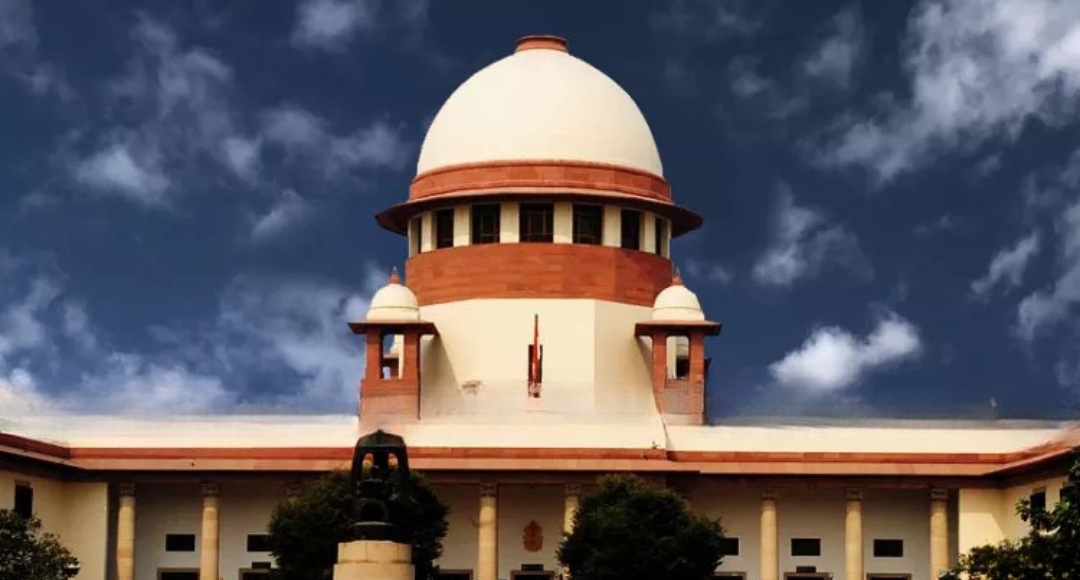Imagine working honestly for decades, only to be told after retirement that you were paid “too much” and must return a portion of your salary. That’s not just unfair; it’s heartbreaking. Thankfully, the Supreme Court has stepped in with a powerful message: Employees shouldn’t be punished for mistakes they didn’t make.
What Was the Case All About?
This landmark judgment came after several retired stenographers and personal assistants from the Orissa District Judiciary were asked to repay ₹20,000 to ₹40,000. The twist? The recovery orders came three years after their retirement, and the payments in question had been made six years earlier.

These hardworking individuals had no idea there was an error. They had neither lied nor misled anyone. Yet, they were being treated as if they had committed fraud.
A Judgment Full of Empathy and Fairness
Thankfully, a Supreme Court bench led by Justice PS Narasimha and Justice Prashant Kumar Mishra saw things differently. After reviewing past rulings, including the 2022 Thomas Daniel case, the Court said that no recovery should be made if the employee did not commit fraud or misrepresentation. They emphasized that if the overpayment happened due to the employer’s mistake, like a miscalculation or misinterpretation of salary rules, the employee should not suffer for it.
It’s About More Than Just Rules
The Court’s ruling wasn’t just a technical legal decision. It reflected a deep understanding of human emotions. For many retired or low-level employees, getting a recovery notice after retirement can be emotionally devastating. Justice Narasimha noted that such actions cause unnecessary hardship and mental stress, especially for those who had no say in the matter. The Court also pointed out that no hearing or notice was given to the affected employees before these orders were passed another injustice.
What the Supreme Court Says
The Court referred to earlier guidelines where recovery of excess payment is not permissible, especially in these situations:
- When employees belong to Groups C and D (Class III and IV) services.
- When recovery is aimed at retired employees or those about to retire within a year.
- When excess payment was made more than five years before the recovery notice.
- When employees were asked to work on higher posts without official promotions.
- Or when recovery would cause serious hardship or is seen as unfair or arbitrary.
This judgment shines as a symbol of hope and justice, especially for those who serve quietly behind the scenes in government roles.
A Win for Common Workers Across India
This case may seem small, but its impact is huge. It protects thousands of government workers who might otherwise be at risk of similar unjust recoveries. It sends a clear message that justice must be grounded in fairness, not just administrative procedures.

The Supreme Court has done more than just deliver a judgment; it has restored dignity to those who were wronged. This ruling brings relief, respect, and a sense of justice to employees who gave their best and expected nothing but fairness in return.
Disclaimer: This article is for informational purposes only and is based on a recent Supreme Court judgment. It does not constitute legal advice. Please consult a legal expert for any legal guidance related to such matters.
Also Read:
Evolution and Scope of Administrative Law






